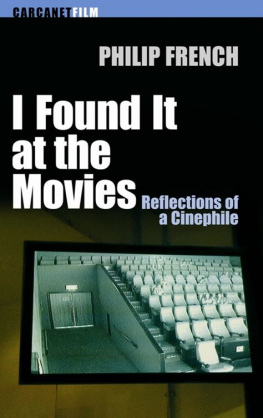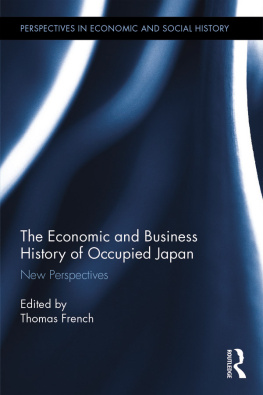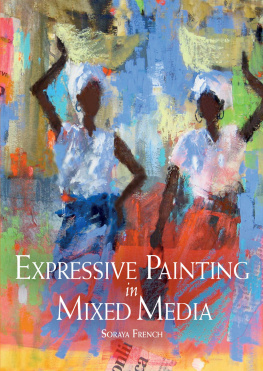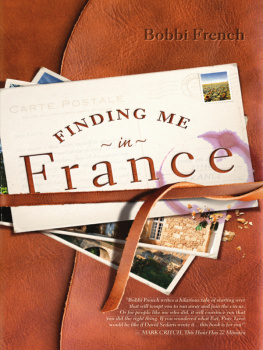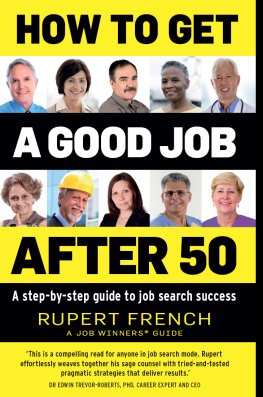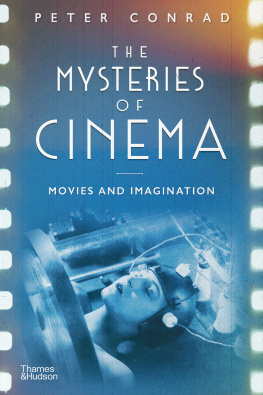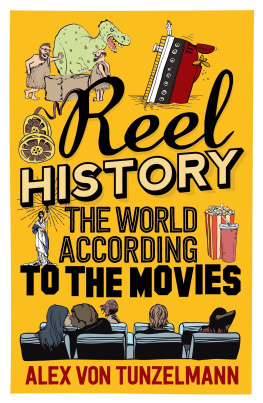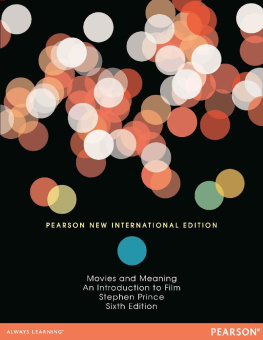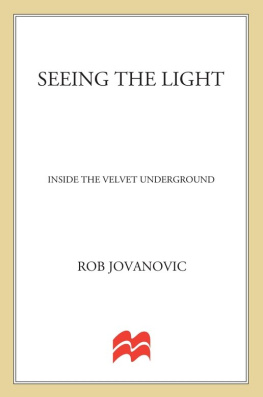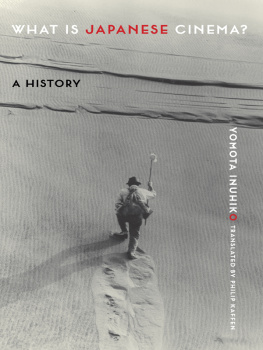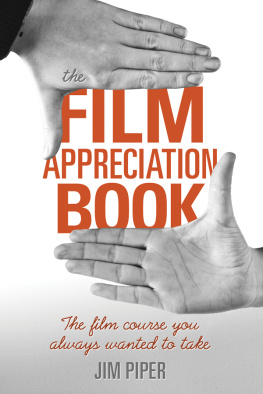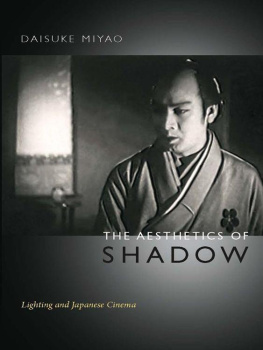Philip French has for many years been our finest writer of regular film criticism: perceptive, well-informed, alert to the visual as well as the literary, concerned about film as industry and as art, unpretentious and particularly good at communicating the immediate experience. Witty, too, with his celebrated titles and puns. This personal selection from among his essays, book reviews and lectures dating from 1964 to 2009 contains some of the best of his longer pieces, a cellarful of vintage French: on movie cities and movie people; on books in films and films in books; on assorted occupations including journalism, boxing and racketeering according to cinema; plus impassioned and embattled essays on the ups and downs of British film and the cultural importance of film criticism. French with tears and French without tears. And a classic April Fool involving Orson Welles, Leonard Bernstein and the National Film Theatre. I Found It at the Movies is the first of three collections. I cant wait for volumes two and three
Philip French has been there as long as anyone, maintaining a tough, adoring attitude to the movies No one at the Observer or the various other places he writes has said so much so regularly about the important, odd, difficult, daring films that occasionally come along.
Philip French knows the canon, and he loves it. He can place new work in a tradition, but hes also the first to recognise when its genuinely new.
Its very rare that you find someone who manages to find a way of writing that expresses the essence of the emotional experience of watching a film and Philip manages to do that beautifully and succinctly.
Philip is one of the monuments of our culture.
A.S. B YATT
Over the past nearly 50 years, in addition to writing and editing a number of books, Ive churned out millions of words on films, theatre, fiction, non-fiction and related cultural matters for newspapers and magazines, or to be delivered on the air or as lectures and in symposiums. This is the first of three collections of these occasional writings, which have all been produced with as much care and thought as Ive put into anything intended for publication between hard covers, though usually with deadlines hanging over my head. The third volume will contain portraits of literary figures written during my time working in BBC radio, alongside material pertaining to the cinema, but the others are entirely concerned with the movies. The second will feature film reviews and obituaries, while this first one is devoted to essays and articles on broader, more general themes, some relatively long and discursive.
The subjects of these articles were either suggested to me by editors, were based on ideas of my own or arose out of discussions. None was undertaken as a chore. The essential criteria for their selection have been that they throw light on the times during which they were written, appear to have some enduring interest and continue to surprise and amuse me.
I have been a regular moviegoer since the age of four, though not until I left home for the army in 1952 was I able to go as often as I wished. A 1950 letter in Picturegoer attacking political bias in newsreels was the first piece of mine to get into print. The next was a 1955 review of Hugo Fregoneses The Raid in the Oxford undergraduate weekly magazine, the Isis, which I edited the following year. My output since then has been moderately substantial if not by Fleet Street standards exactly prolific.
For only part of my life, however, have I been a full-time writer. The first occasion was the six months I spent in 195859 as a reporter with the Bristol Evening Post, during which time I contributed a staggeringly unfunny humorous column and a covertly satirical weekly piece on male fashions under the pseudonym Philippe Sartor. The second occasion I lived solely by my pen (an antiquated phrase suggestive of frantically dipping a quill into an inkwell) was the 12 months in 196768 when I was the New Statesmans theatre critic, a job I combined with being joint chief book critic for The Financial Times, film critic of the London Magazine , reviewing TV films for the Observer and contributing regularly to Sight & Sound and other magazines. The third has been these past 20 years, when my principal job has been film critic of the Observer.
Otherwise, between the age of 25 and 57 my day job was as a producer for BBC radio where the only absolutely mandatory writing was letters, memoranda, Radio Times billings and on-air announcements to be read by the presentation staff. The job itself largely involved putting ideas to potential broadcasters, considering subjects they proposed for my consideration, convening suitably interesting collections of folk for live or recorded discussions, producing talks and conversations in the studio or elsewhere, and editing texts or transcripts. An additional task, and the occasion of much anxiety, amusement and embarrassment was the constant consultations with colleagues, senior figures in the BBC hierarchy and the legal department about good taste, libel and obscenity.
Of course, from quite early on and like a good many BBC colleagues (the place was full of novelists, playwrights, poets, biographers , historian and humorists), I wrote in my spare time. If you intended publishing anything while a BBC employee you had to seek permission, always adding in the memo that the work will be done in my spare time, will not mention my employment by the BBC without permission, and will not deal with topical political issues or touch on matters of Corporation policy unless submitted for prior scrutiny. I recall a particular note from one of my superiors rejecting my application to write a column on television, as this time he broke into verse:
Alas and alack,
Youd get the sack.
You can do Roger Vadim
But not Kenneth Adam.
Kenneth Adam was then the head of BBC television.
From the early 1960s onwards I published something somewhere most weeks, and in 1978 I received permission to review films weekly for the Observer for a year, an arrangement that continued without further explicit discussion for 12 years until my early retirement from the BBC in 1990. Much therefore of what appears in this book is the product of moonlighting, a happy hobby, pieces written out of joy, a compulsion to assuage my puritanical conscience by turning what might be simple pleasure into some sort of work.
The pieces appear for the most part in chronological order, the earliest written in 1963, the latest in 2009. Each is dated and its source given. Nothing has been changed other than to remove obvious errors or particularly egregious grammatical formulations. Occasionally I have added a note of clarification and commentary at the end of a piece. There are, I am aware, some repetitions of phrases, references and stories but this is not surprising in essays written over such a long period. To have removed them would have weakened the pieces in which they appear and only someone reading the book cover to cover in an ungenerous spirit is likely to be offended. So Ive left them in.
It has been my pleasure to work with a number of sympathetic and encouraging editors over the years, the earliest as far as this book is concerned being the late Richard Findlater at Twentieth Century and Penelope Houston at Sight & Sound, the most recent Jane Ferguson on The Observer. My greatest thanks, as always, go to my wife Kersti, whose careful and critical reading of everything Ive written over the past 50 years has helped improve not only my books, essays and reviews, but also my notes to the milkman.

